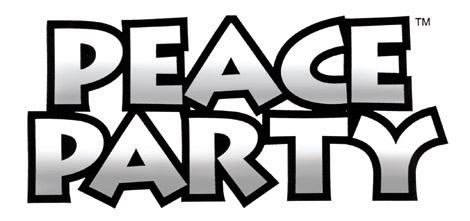By Noah Berlatsky
The connection between adulthood and violence is a well-established trope--think of "Full Metal Jacket," or any number of war films where the fresh-faced, innocent protagonists goes through fire and combat to become a man who understands. But even if it's ratified by Kubrick and Hemingway, the fact is that there's nothing especially realistic or mature about violence, per se. Why is having your parents shot more "real" than going to a movie with them and not having them get shot? Why are piles of dead bodies more real than spending time with your kids? We've collectively decided that violence is more real than peace; that shooting someone in the head is more real, or more important, than exchanging pleasantries. Without trauma, the superhero genre seems to say, your stories don't matter.
Which is part of why I love G. Willow Wilson and Adrian Alphona's "Ms. Marvel." Kamala Khan doesn't become a superhero because she's traumatized; there are no dead Thomas Waynes or Uncle Bens in her origin story. Instead, she stumbled into superpowers, and then, inspired in part by her family and in part by her Muslim faith, she decides that she wants to use them to help people. And most of that helping is not especially violent--her first super-act is to save a drunk girl from drowning, and it takes her several issues to actually fight anybody. The first battle is with a confused fellow student who is sort of, kind of robbing a store; he ends up shooting her, which is presented both as low-key and as a big deal. Ms. Marvel isn't permanently hurt (she has stretchy super-powers and is invulnerable) but the one accidental shot is still presented as terrifying and wrong. Violence here isn't truth, but aberration; a fissure in real life rather than real life itself.
In reality, most people are nonviolent and would remain so even with superhuman abilities. In the unlikely event that they saw a mugging or robbery, they still might call the police.
Heck, they might be too busy helping the sick and poor to worry about an isolated crime. Someone like the Flash could feed and clothe hundreds of people in the time it took to save a museum artifact or laboratory gizmo.
In short, seeking violent situations is arguably a waste of most superheroes' time. Comics such as Ms. Marvel and Peace Party should be the rule, not the exception.
For more on the subject, see Violence in America.


No comments:
Post a Comment
Note: Only a member of this blog may post a comment.